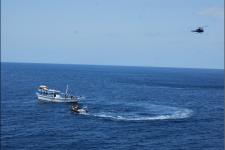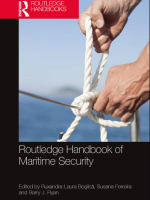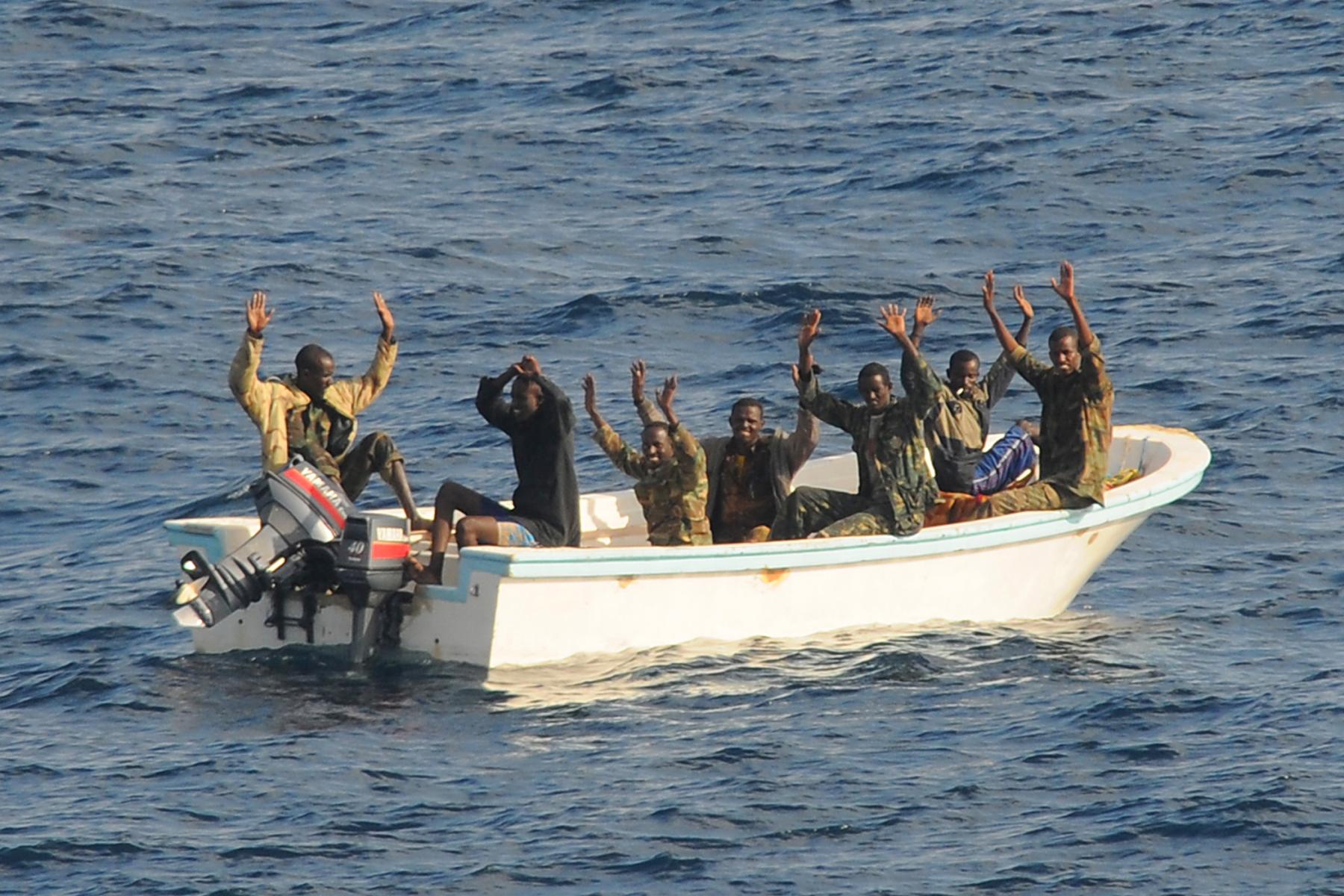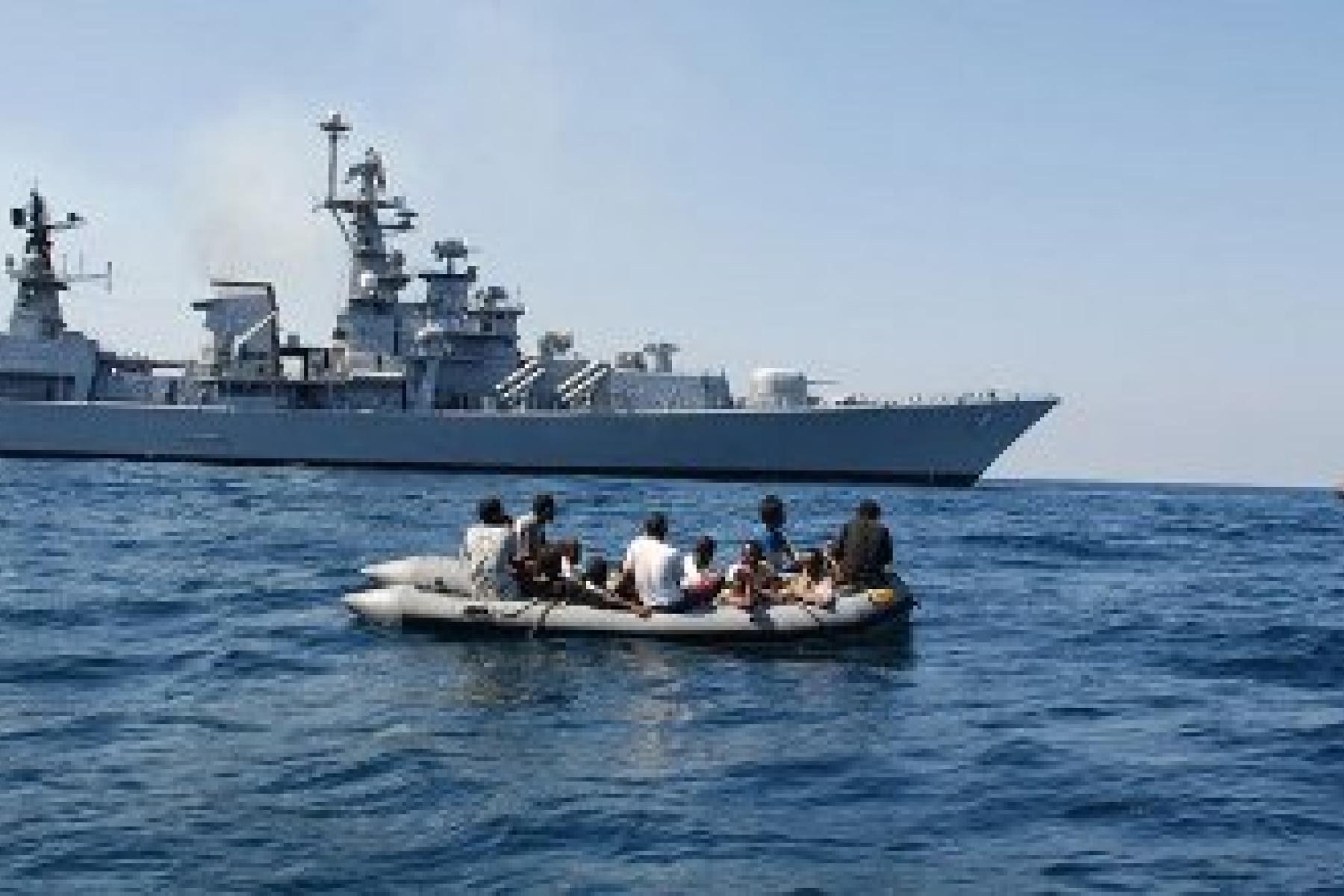Global Political Ethnography

As problems with maritime piracy has grown, so has studies of maritime security. Traditionally research in maritime security has come from the fields of legal scholarship and international relations. To a lesser extent, sociology and anthropology have contributed to the study of maritime security, and ethnography is still a underrepresented methodological approach. In this new chapter researcher Jessica Larsen explains how to pursue ethnography in maritime security studies and why ethnography should also be in the centre of maritime security research.
The chapter explores the analytical purchase of adding ethnography as a complimentary methodology to study maritime security. It takes the case of scholarship that analyses activities around Somali piracy to show that existing studies identify pertinent issues and challenges in maritime security governance, yet examine these primarily from the perspective of the laws, policies, organizational structures and mandates. Less examined is the point of view of how these issues and challenges of maritime security are translated into practice.
The chapter introduces to maritime security studies the recent trends within ‘global political ethnography’. This covers a range of methodological approaches in the social sciences that unpack the dynamics of international policy processes in practice and shed light on how the informal, or everyday, practices also produce and shape maritime governance.
Global political ethnography provides a means to study the maritime domain from a bottom-up perspective that allows a critical assessment of the laws and policies – which maritime security studies currently examines – as they are implemented and negotiated in practice. It works from the assumption that understanding the words of a policy or a law is not equivalent to knowing a priori how it is implemented.
For instance, what is a state’s motivation to contribute to counter-piracy operations and how are human rights upheld in piracy policing at sea? The chapter argues that global political ethnography promises to nuance, and potentially correct, existing narratives.
The different sets of approaches within maritime security studies, whether ethnographic or other, are thus highly complementary and are not a question of either/or. Combined, they allow the pairing of saying and doing, planning and producing, intentions and actions to grasp more fully the maritime security field.
DIIS Experts






